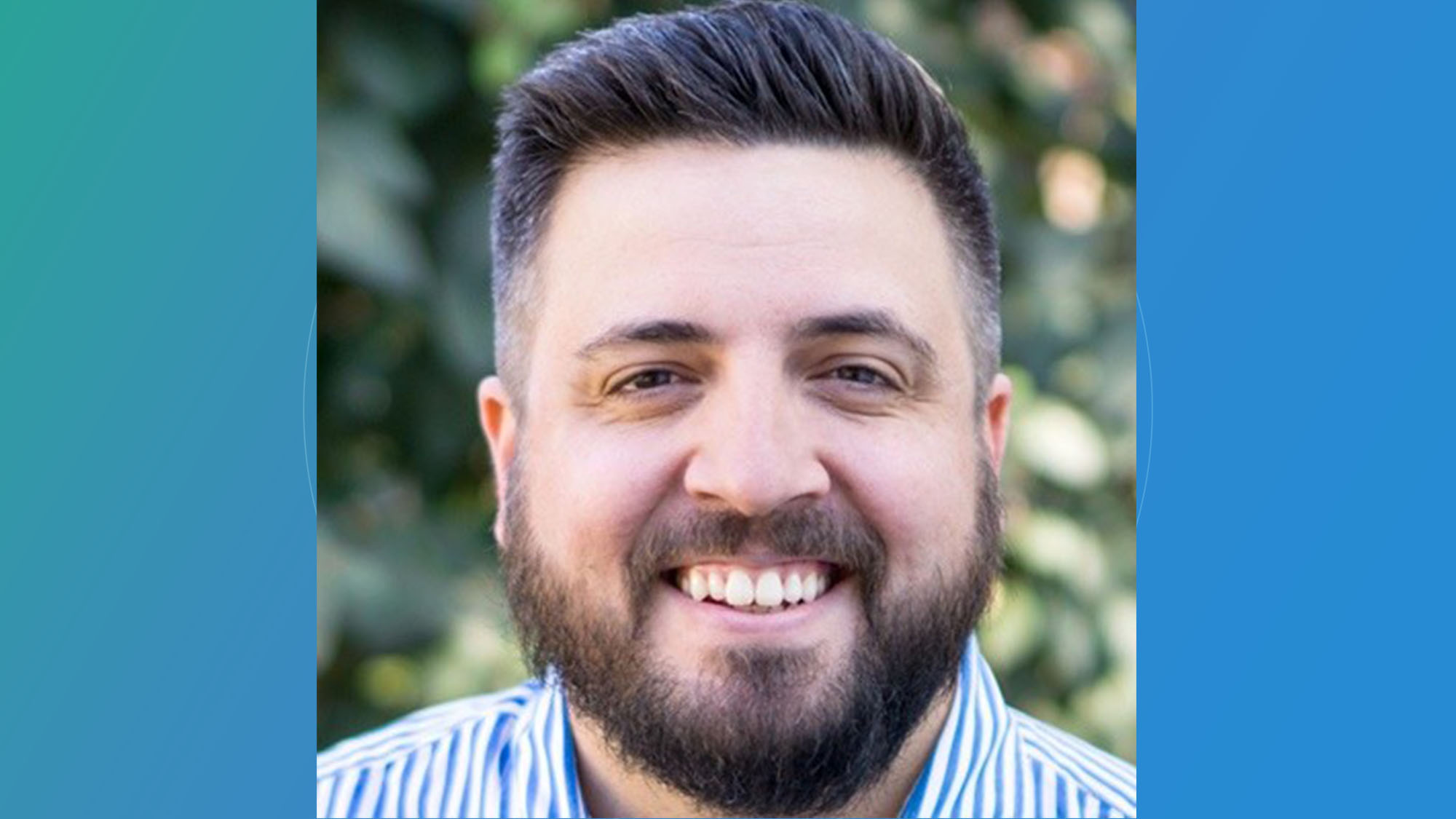As ChatGPT takes its first tentative steps into search territory with the unimaginatively titled, but groundbreaking, ChatGPT search, and with other AI search engines like Perplexity already well established, we’re going to need to start thinking about the way we search for information online in a different way.
With this in mind I talked to A.J. Ghergich, a global VP at Botify, a leading AI-powered search visibility solution, and he shared his thoughts on what 2025 and beyond will look like for search, now that AI has entered the chat.
“The old guard is adapting little bits of AI, and AI is trying to mimic the old guard with traditional search”, he says, “which is a funny place to be.”
Ads are coming
At the moment AI search differs from traditional search not only in the way you search – it’s much more like having a two-way conversation instead of typing in search terms – but in the way it deals with adverts. Currently, there aren’t any in ChatGPT search, but how long does Ghergich think this will last?
“It will be a hot minute,” he laughs. “Ads are coming. If it’s free, you’re the product. We’ve learned this with everything that’s come before. Interestingly, just this month, Sam Altman tweeted that ChatGPT’s Pro subscription, which costs $200 a month, is not profitable, and he was surprised. But the point is, if they’re not making money on the $200-a-month subscription, it’s not too much of a stretch to think that they might be upside-down on the $20-a-month Plus subscription, too. Power-user or not, ads are coming.”
Ghergich thinks that another reason for adverts coming to AI-powered search is that we will actually want them, and even start to demand them.
“You wouldn’t think that, because if you ask consumers if they want ads, they’re like ‘Hell no! I don’t want ads in there,’ but in the end, they will,” he says. “What will happen is that these systems will become so personalized and customized to you that when the ads show up, they won’t feel intrusive or wrong; they will show up in helpful ways.”

AI will be talking to AI
Of course, with the rise of AI agents, we’re now looking at a situation where very soon AI won’t need a human to interact with; it will be able to search for things on its own, and that’s going to have some big implications for the web.
“In the future, the majority of searchers will be AI, not human,” says Ghergich. “We’ll cross this threshold, and the way we communicate will have to change. It’s not just Google or Bing bots anymore. Now, you have hundreds of thousands or millions of these Generative AI chatbots. If you say you want to buy a new pair of socks, your assistant will be searching the web, so you don’t have to. Once that improves, we’ll never go back.”
Once the web becomes AI agents talking to AI agents, I wonder, will it change into something that humans can’t interact with or recognize anymore?
“Yes, I think so, and it will lead to changes in how the web is created,” says Ghergich. “Remember, in the acronym LLM, the middle ‘L’ stands for language. AI agents don’t need JavaScript and HTML. There’s a lot of efficiency and savings that can be had if you use AI for AI communication just with language. If you strip out the massive megabytes and gigabytes of bloat, and if you did that worldwide, you could have a much more efficient type of communication, and cut costs and errors. A restructure of architecture and infrastructure-type play will transpire where web infrastructure gets disrupted, because AIs don’t need all that.”

What about the humans?
This makes me wonder, what are we, the humans, going to be doing while the AI agents are having a party on the web without us?
“A lot of this comes down to ‘what is humanity’s role in an AI world?’. AI will clearly disrupt all aspects of our lives, but that doesn’t always have to be a bad thing. I’m more bullish and hopeful than not,” says Ghergich. “I try to be positive. For me, there’s one area that I desperately want AI to disrupt consumer lives – education. If you take what we have now, and you were to give every child from three years old to 18 a tutor that is there, whether she lives in the poorest area of the planet or not, for math and science and is infinitely patient and personalized to that person, then, you could change the world, you could change the fate of the planet.”
These may sound like bold claims, but the technology to do this is already here.
“Even if the development of AI just stopped today,” says Ghergich, “and you took ChatGPT as an educationally fine-tuned assistant and gave it to the planet, in 20 years, you’ll have a better planet.”
So, ultimately it looks like there is hope for humans in the AI future we’re all headed towards at warp speed, but there’s going to be some pain as well, and there are going to be things that don’t survive the transition that perhaps should. We might be looking at each other in a few years going, “Do you remember when you used to have to search the internet yourself?” – and that future might not be as far off as you think.

